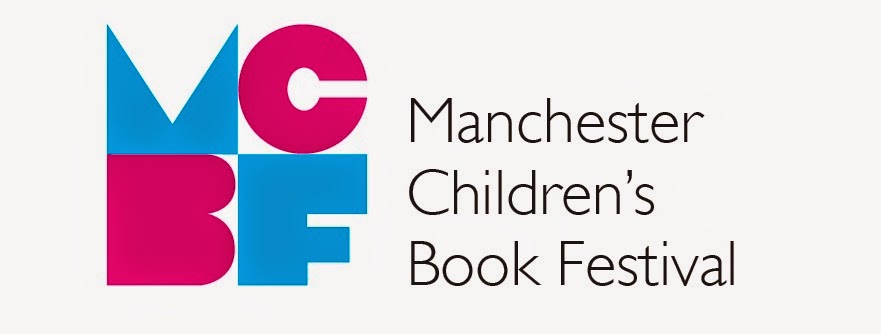By Alicia Wright
Do you read fairy tales? I do. For one thing, they are often quite silly and thus great parody fodder. But another reason is that they are an interesting window into the cultures of the past.
It is particularly fascinating to me when the same tale crops up in different times and different countries. One such tale involves a fairy cloak. The basic version goes like this;
A man is walking in the woods when he comes across some fairy women bathing in a pool. The fairies' cloaks are hung up on a tree nearby. He steals one and hides it. He's a jerk like that.
The fairies get out and get dressed, but one is left behind, searching for her missing cloak. The man approaches her and asks her to marry him. She has little choice but to accept.
Years later, the fairy woman figures out where her cloak is hidden from the songs of her children. She takes it and flies back home.
This legend exists in many forms all over the world. In Britain we have tales of selkies and swan maidens who have cloaks made of seal skin and swan feathers respectively. In Scandinavia there are valkyries with cloaks made of raven feathers. In Japan, there is the tennyo or 'heavenly maiden' and her hagoromo or 'feather mantle'. In African tales, it is an elephant skin cloak.
As fairy tales and folklore are the basis for much of my work I have several cloak-using characters. One of them is Erlina, a fairy princess from my book Miss Prince. I have made a replica of her cloak as a raffle prize for the Manchester Children's Book Festival Family Fun Day this Saturday! Come along to my stall to buy tickets, Miss Prince and other goodies.
Alicia L. Wright is the author of YA comic fantasies Eggs, Butter, Sugar and Disaster, published in 2011 and Miss Prince, published in 2014. You can download free samples of both books from her publisher's website. In her spare time Alicia also draws a webcomic based on Miss Prince and its sequels called Vampires Don't Belong in Fairytales. You can find her on: Twitter, Facebook, Goodreads, deviantART and Tumblr.
The MCBF2015 team are looking for your blogs, stories, book reviews, photos, poems - simply anything and everything to do with your favourite children’s books! Email mcbf@mmu.ac.uk to get involved.



No comments:
Post a Comment